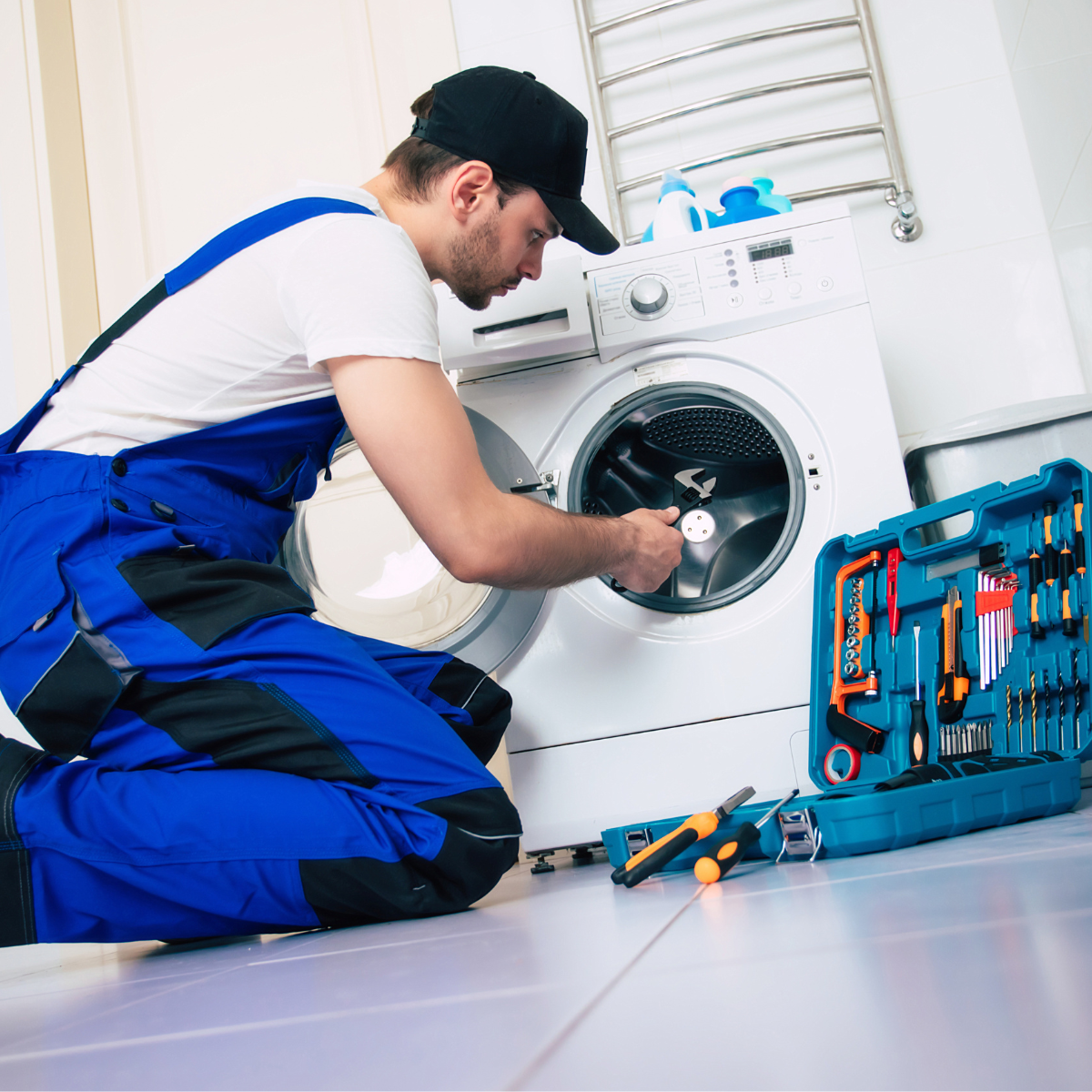Repair services play a vital role in maintaining the smooth functioning of tools, appliances, and machinery in our daily lives. From fixing leaky faucets to maintaining complex industrial systems, repair and maintenance services are indispensable across multiple sectors. Understanding what these services entail and why they are important can help individuals and businesses alike maximize the lifespan and efficiency of their assets. In this comprehensive guide, we will explore the various types of repair services, their significance, and how to choose the right provider.
What Are Repair Services
Repair services encompass a wide range of activities aimed at restoring the functionality of broken, damaged, or worn-out items. They can involve simple fixes, extensive overhauls, or routine maintenance. Whether it’s home appliances, automobiles, or industrial equipment, these services are designed to ensure the reliability and durability of essential assets.

Key Features of Repair Services
Restoration of Functionality: Repair services restore items to working order, ensuring continued use without the need for immediate replacements.
Prevention of Further Damage: Timely repairs can prevent minor issues from escalating into major problems.
Safety Enhancement: Addressing faults reduces the risk of accidents or failures, especially in critical systems like electrical or industrial equipment.
Why Are Repair and Maintenance Services Important
Proper repair and maintenance offer numerous benefits, from economic savings to environmental sustainability. Here’s why these services are crucial
Prolonged Lifespan of Assets
Regular maintenance and prompt repairs reduce wear and tear, extending the life of appliances, vehicles, and machinery.
Cost Efficiency
Fixing minor issues early is often more economical than replacing entire systems or dealing with severe breakdowns.
Enhanced Safety
Functional systems reduce risks associated with malfunctions, such as electrical fires or vehicle breakdowns.
Improved Performance
Well-maintained equipment operates more efficiently, saving energy and improving overall productivity.
Environmental Benefits
Repairing rather than discarding items reduces waste, conserving resources and minimizing environmental impact.
Types of Repair Services
Repair services can be broadly categorized based on the sector or type of asset being serviced. Below are some of the most common types.

Residential Repairs
Residential services focus on maintaining and fixing items within homes, including
Plumbing Repairs: Fixing leaks, unclogging drains, or replacing pipes.
Electrical Repairs: Restoring wiring, switches, and other components.
HVAC Maintenance: Ensuring heating, ventilation, and air conditioning systems function efficiently.
Appliance Repair: Fixing refrigerators, washing machines, and other household devices.
Automotive Repairs
Automotive services cater to vehicles, covering both routine maintenance and complex repairs
Routine Maintenance: Oil changes, tire rotations, and fluid checks.
Engine Repairs: Addressing mechanical failures or performance issues.
Bodywork: Fixing dents, scratches, or structural damage.
Industrial Maintenance
Businesses rely heavily on industrial repair services to keep machinery and systems running
Equipment Calibration: Ensuring precision in machinery operations.
Preventive Maintenance: Routine inspections and servicing to avoid costly downtimes.
Component Replacement: Addressing wear and tear in critical parts.
Technology and Electronics Repairs
With the rise of smart devices, technology repair services are essential
Gadget Repairs: Fixing smartphones, tablets, and laptops.
Network Systems Maintenance: Ensuring seamless connectivity for businesses and homes.
Hardware and Software Upgrades: Keeping devices updated and secure.
Core Components of Maintenance Services
Maintenance services aren’t limited to fixing broken items; they involve proactive steps to keep systems in optimal condition.
Preventive Maintenance
This approach focuses on regular inspections and servicing to identify potential problems early. Preventive maintenance is widely used in industries to minimize disruptions and ensure efficiency.
Corrective Maintenance
Corrective actions are taken when a fault occurs, addressing the immediate issue and restoring functionality.
Predictive Maintenance
Advanced technologies, such as sensors and AI, enable predictive maintenance by monitoring performance and forecasting potential failures.
Scheduled Maintenance
Routine servicing performed at predefined intervals ensures consistent performance and reduces the likelihood of unexpected breakdowns.
How to Choose the Right Repair Service Provider
Selecting the right provider is critical for achieving effective and lasting repairs. Here are some factors to consider
Experience and Expertise
Look for professionals with relevant experience in the specific type of repair or maintenance you require. Certified technicians often indicate high-quality service.
Reputation and Reviews
Check online reviews and testimonials to gauge customer satisfaction and reliability. A strong track record is a good indicator of trustworthiness.
Availability and Accessibility
Choose a provider that offers prompt service, especially for emergencies. 24/7 availability can be a significant advantage.
Transparent Pricing
A reputable service provider should offer clear pricing without hidden charges. Request a detailed quote before committing.
Warranty and Support
Opt for companies that provide warranties on repairs and offer after-service support for continued reliability.
DIY vs. Professional Repairs
While some repairs can be handled independently, others require professional expertise. Here’s how to decide:

When to DIY
Minor fixes like replacing light bulbs or unclogging sinks.
Tasks where tools and knowledge are readily available.
Non-critical issues that don’t pose safety risks.
When to Call a Professional
Complex repairs requiring specialized tools or skills.
Safety-sensitive issues like electrical or gas-related faults.
High-value items where improper fixes could lead to costly damage.
Maintenance Tips to Reduce Repairs
Preventive care can significantly reduce the need for frequent repairs. Follow these tips to maintain your assets
Create a Maintenance Schedule: Regularly inspect and service appliances and systems.
Use High-Quality Materials: Invest in durable components for long-term reliability.
Follow User Manuals: Adhere to manufacturer guidelines for optimal usage.
Monitor Performance: Keep an eye on unusual noises, reduced efficiency, or other warning signs.
Engage Professional Services: Hire experts for periodic inspections and preventive maintenance.
Trends Shaping the Repair and Maintenance Industry
The repair and maintenance landscape is constantly evolving, driven by technological advancements and changing consumer preferences.
Digital Solutions
Smart devices and apps now allow for remote diagnostics and maintenance scheduling, improving convenience and efficiency.
Sustainability Focus
Repair services are becoming more eco-conscious, promoting reuse and sustainable practices over disposal and replacement.
On-Demand Services
Mobile apps enable users to book repair services with ease, revolutionizing how these services are delivered.
Automation in Maintenance
Industries increasingly rely on robotics and automated systems for routine inspections and minor repairs.
Conclusion
Repair and maintenance services are essential for ensuring the longevity, safety, and efficiency of various tools and systems. From residential needs to industrial applications, these services provide invaluable support in maintaining our modern lifestyle. By understanding the different types of repair services, their benefits, and how to choose the right provider, you can make informed decisions that save time, money, and resources.
Investing in regular maintenance and timely repairs is not just a cost-saving measure—it’s a step toward a safer, more sustainable future. Take action today to ensure your assets remain in top-notch condition

Leave a Reply